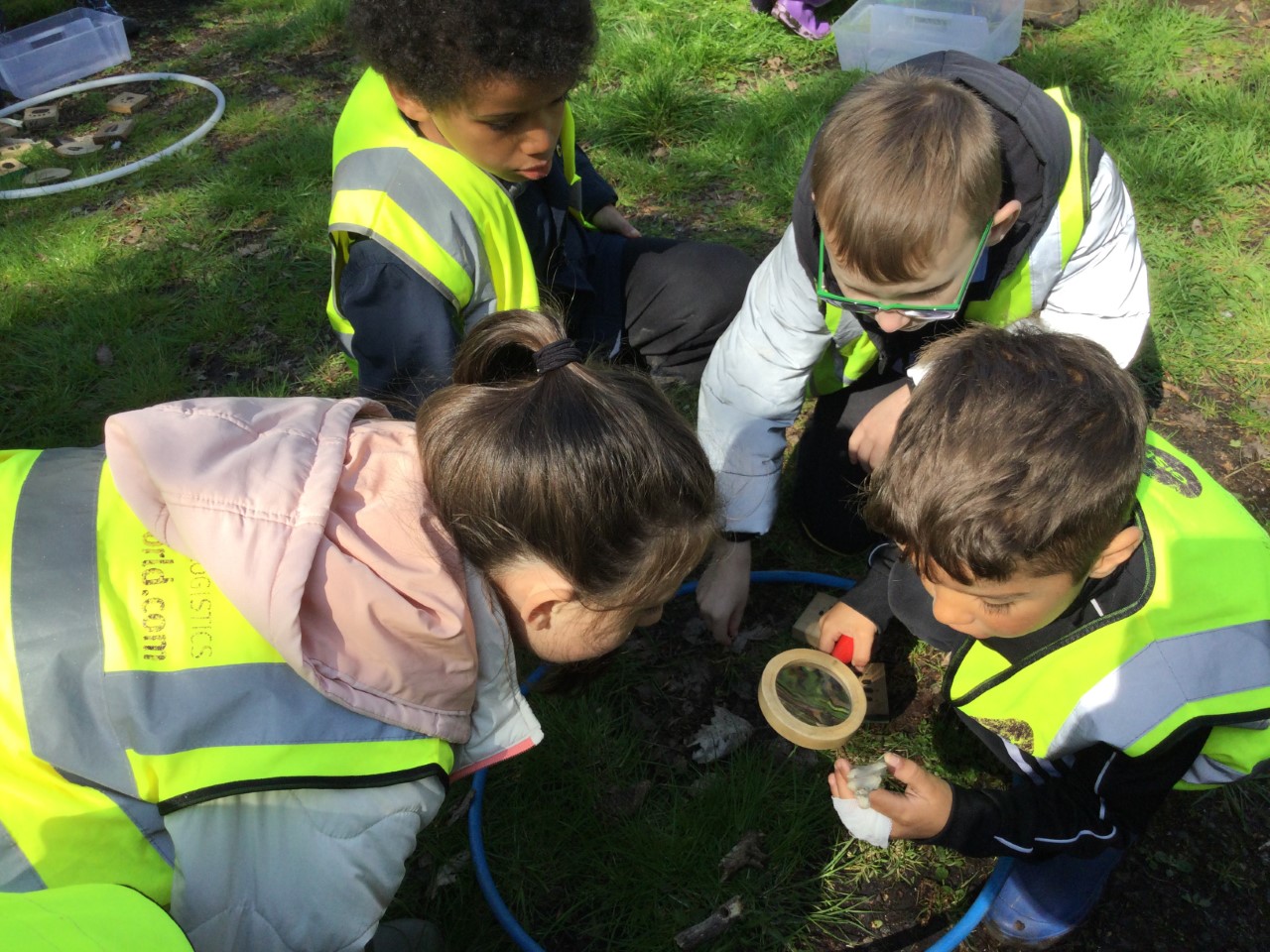Science



At Stephen Freeman Primary School, our Science curriculum is designed around the National Curriculum statements for Knowledge, Working Scientifically and Scientific Enquiry. We aim to foster curiosity, ingenuity and creativity by providing a variety of hands-on learning experiences throughout the school year; all of these develop problem-solving skills.
Each unit includes:
- Pre learning, from previous year groups and lessons.
- Cross curricular links across modules
- Detailed lesson plans with knowledge, working scientifically and scientific enquiry objectives.
- Embedded working scientifically assessment.
- Hands on learning in each lesson with easy to follow slides.
- Metacognitive approaches which include mini quizzes, recapping, revisiting knowledge.
- Knowledge quizzes at the end of each unit.
- Full resources included with differentiation in working scientifically skills.
Please click on the link below to discover more about the Science National Curriculum.
At Stephen Freeman we use a spiral approach when teaching Science to ensure our children can build upon prior knowledge each learning cycle. Please click here to view our progression of knowledge, skills and enquiry from Nursery to Year 6. Science units are taught termly as outlined in this document.
Teaching
Science teaching and learning is energetic, creative yet it is also structured and meticulous. Each new topic and lesson begins with a recap of prior knowledge to reactivate memory and then it progresses systematically, this is done through modelling and teaching science knowledge through the various enquiry types:
- Pattern seeking
- Comparative/fair testing
- Research
- Observation over time
- Identifying, grouping and classifying
- Problem solving
Useful Websites
https://www.brainpop.com/science/
https://www.billnye.com/the-science-guy
https://www.exploratorium.edu/
https://www.nasa.gov/kidsclub/index.html
https://www.natgeokids.com/uk/
https://www.pbs.org/wgbh/nova/labs/
https://www.youtube.com/c/SciShow
https://science.howstuffworks.com/
https://www.noaa.gov/education/resource-collections
https://www.physicsclassroom.com/
